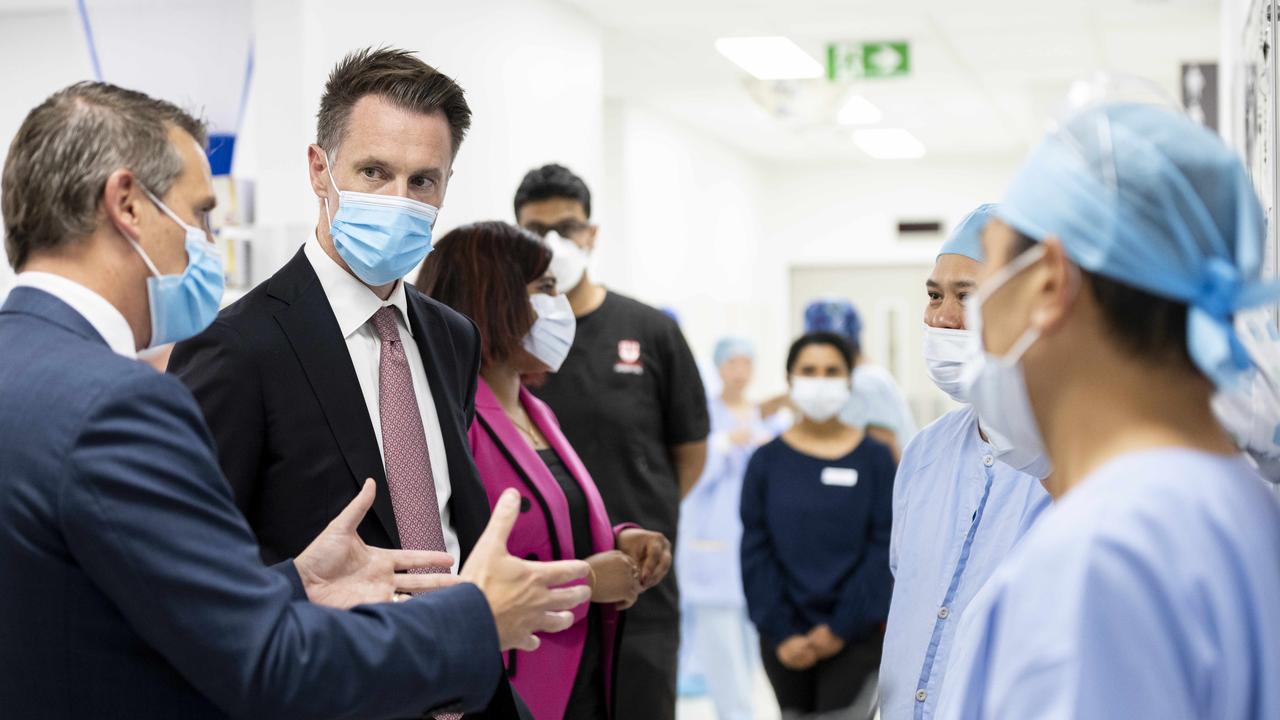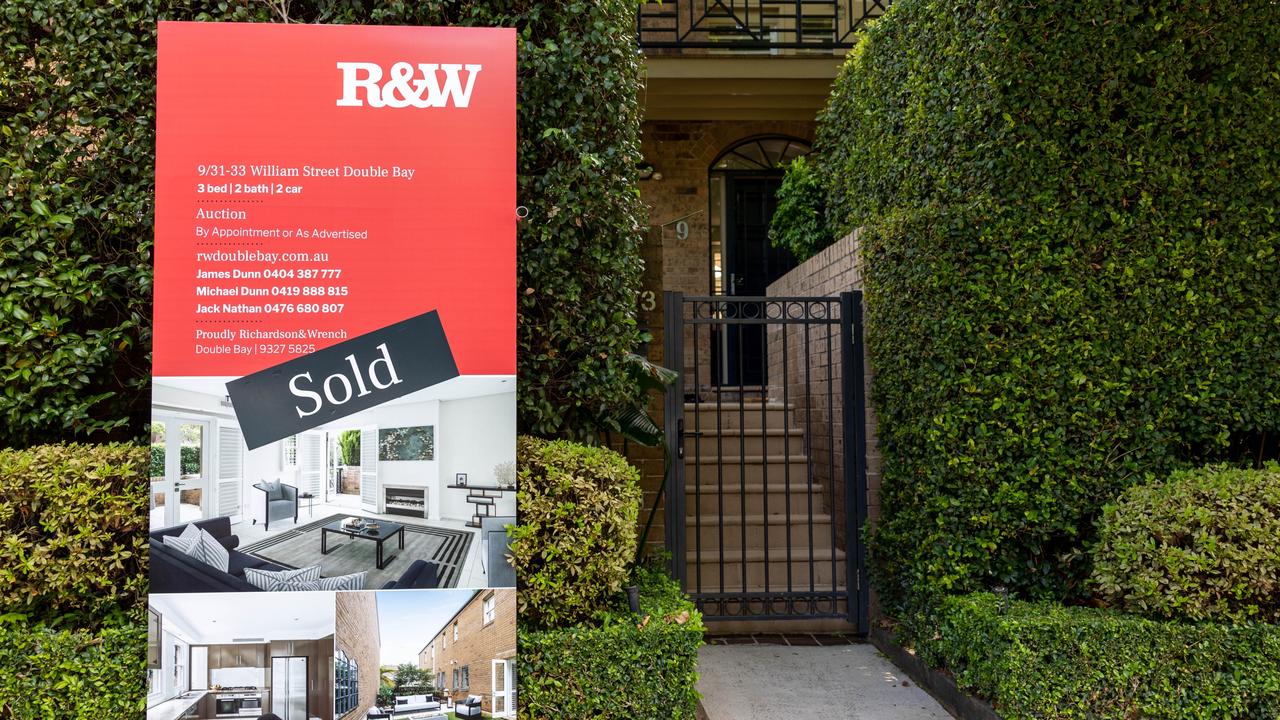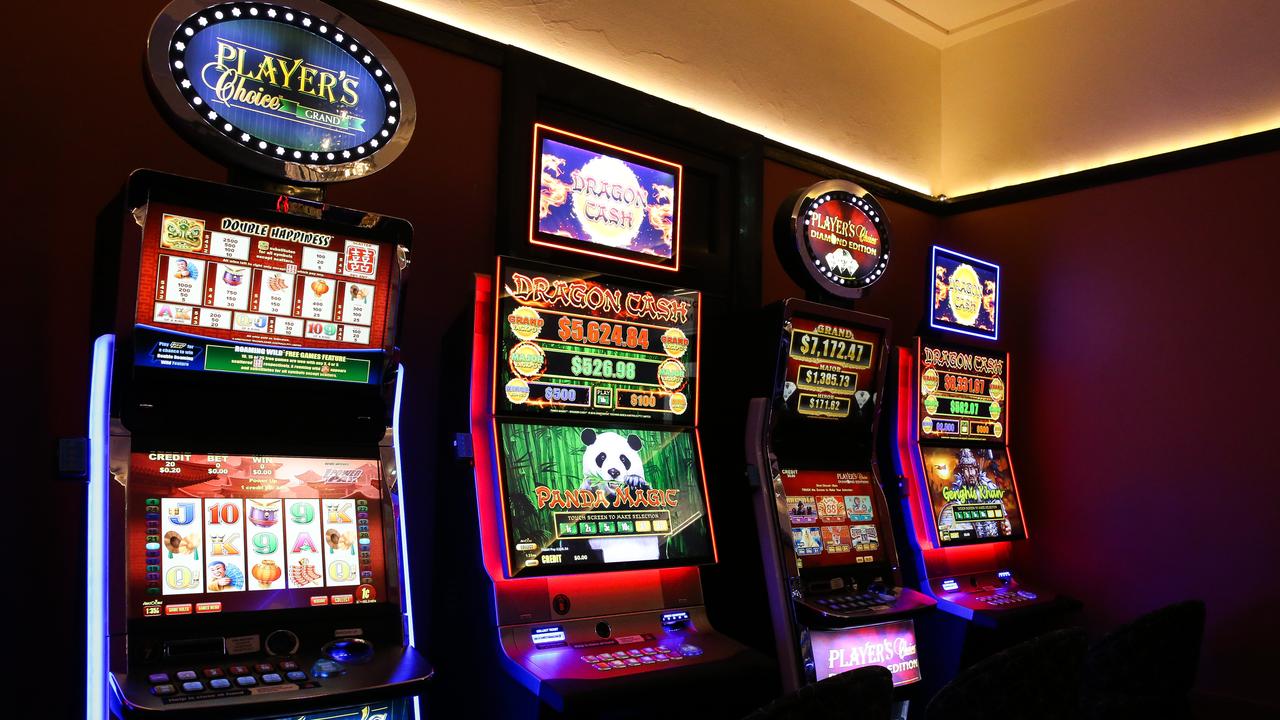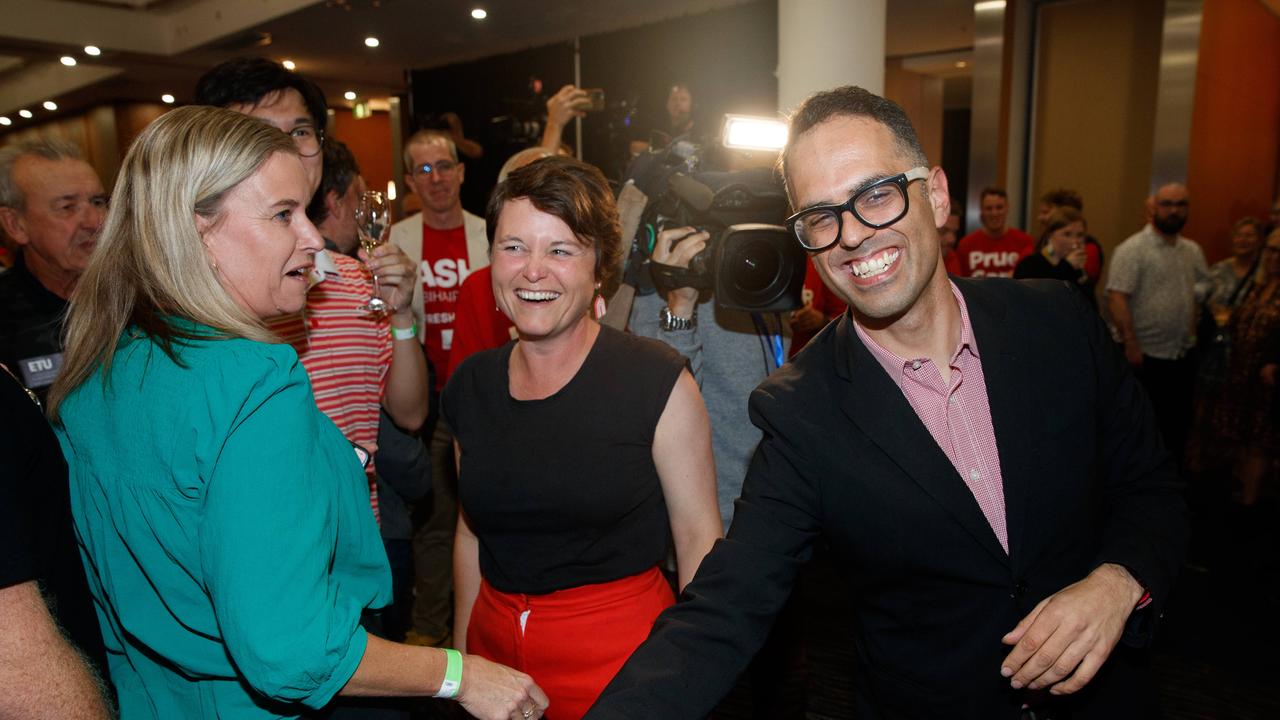From public sector workers to tolls: NSW election winners and losers
A week after NSW’s change of government, newly installed Premier Chris Minns has promised a raft of new changes. Here are the election winners and losers.
After a long 12 years in opposition, Chris Minns has successfully reinstalled the Labor Party into government.
Campaigning on delivering a “fresh start” for the state, the Labor Party promised common sense measures to help households struggling with rising cost-of-living pressures and restore essential services.
From regular toll users, to a leaderless Coalition, here are the election winners and losers.

Winners: Public sector workers
Removing the 3 to 3.5 per cent wage cap on public service sector wages was a major component of Labor’s campaign, with Mr Minns’ flagging that conversations with industry representatives would begin very soon.
The new government will be under increased pressure to have these negotiations, with multiple industrial awards set to expire from June 30.
NSW Labor have also promised safe staffing ratios for nurses in emergency wards and vowed to convert 10,000 temporary teaching positions to permanent contracts.
Losers: Kids under the age of 10
Families eyeing Mr Perrottet’s signature policy in his Kids’ Future Fund will lament the Coalition’s loss. The plan aimed to give all newborns, and initially NSW kids under 10, a ‘Future Fund’ which they would only be able to access for housing and educational reasons once they turn 18.
The government promised to match family contributions of $400 a year, with families allowed to deposit a maximum of $1000 annually.
After it’s big reveal, Mr Minns criticised the policy for not prioritising on immediate cost-of-living relief – and for ignoring much-needed funding into essential services.
Winners: First home buyers
First home buyers will be able to skip paying stamp duty on properties up to $800,000, with Labor promising an increased cap on the current limit. Concessional limits will also apply on homes up to $1m.

Losers: People who hate stamp duty
While first home buyers will be able to access increased no stamp duty thresholds, the Perrottet government’s First Home Buyer Choice will be cut on June 30 2023.
The scheme gave home buyers the choice between paying stamp duty or an annual property tax, with an election pledge to expand the plan to all homebuyers if the Coalition was re-elected.
Winners: Toll users
Sydney’s toll network were a centrepiece in Labor’s election campaign, with Labor’s $60 weekly toll cap (on top of existing rebates) to benefit people who use tolls on a near daily basis. The scheme will come into effect on January 1 for two years.
Losers: Cashless gambling reform advocates
Compared to the Coalition’s promise to make all poker machines cashless by 2028, Labor’s promised cashless gambling trial in 500 machines has been criticised for falling short. The measures which were recommended by the NSW Crime Commission and designed to reduce money laundering and problem gambling.
Gambling reform advocates and Independent MP Alex Greenwich have said they will continue campaigning for the incoming government to expand their trial.
Labor’s gambling plan also includes a ban on donation from clubs with poker machines and external signage, new third party exclusion measures and cash input limits on new machines from $5000 to $500.

Losers: Women considering egg freezing
The Coalition had promised a $2000 rebate for women considering egg freezing, in what would be a first for any Australian state government.
Women can still claim a $2000 rebate to help subsidise the cost of IVF and other assisted reproductive technologies, until October 1, 2026, or when funds are exhausted.
Winners: The Labor Party
Not only NSW Labor back in government after 12 years in opposition, its win leaves Tasmania as the only Liberal state in Australia, with wall-to-wall Labor state and territory governments on the mainland. The next state election will fall in the Northern Territory in August 2024, followed by the ACT in October 2024, and Western Australia election in March 2025. Labor won’t have a chance to run for the Tasmanian government until June 2025.

Winners: The cross bench and minor parties
With nine Independent and three Greens MPs elected in the Lower House, the increased numbers has created a more powerful cross bench that in effect diverts voting power from the major party.
In comparison, the 2019 state election resulted in three independent candidates, and six minor party MPs elected.
An informal alliance between independent MPs, Alex Greenwich (Sydney), Greg Piper (Lake Macquarie) and Joe McGirr (Wagga Wagga) have already released a shared statement agreeing to “confidence and supply”.
Following conversations with the incoming NSW Labor Government, the Members for Sydney, Wagga Wagga, and Lake Macquarie have agreed to offer confidence and supply and look forward to a strong and consultative working relationship with Premier-elect Chris Minns and his team. pic.twitter.com/HEtyYypxAf
— Alex Greenwich MP (@AlexGreenwich) March 27, 2023
Greens MP for Newtown, Jenny Leong said the next government would have a “historically large cross bench”.
“What’s very clear from this result and the numbers are tightening day by day is that it’s not a winner takes all this parliament,” she said.
“We have had a long working relationship with the Independents on the crossbench in the Lower House and will continue to do so.”
Losers: The Coalition
Ending their 12-year run in government, the Coalition stands to lose up to 14 seats with Dominic Perrottet standing down as the leader of the Liberal Party. Current names which have been put forward as front runners include former Attorney-General Mark Speakman, former sports minister Alister Henskens and former planning minister Anthony Roberts.
As one senior Liberal strategist put it: the election was the Coalition’s to lose.
“There were two things that were against us from the get go: The age of the government, and the retiring ministers,” he said.





